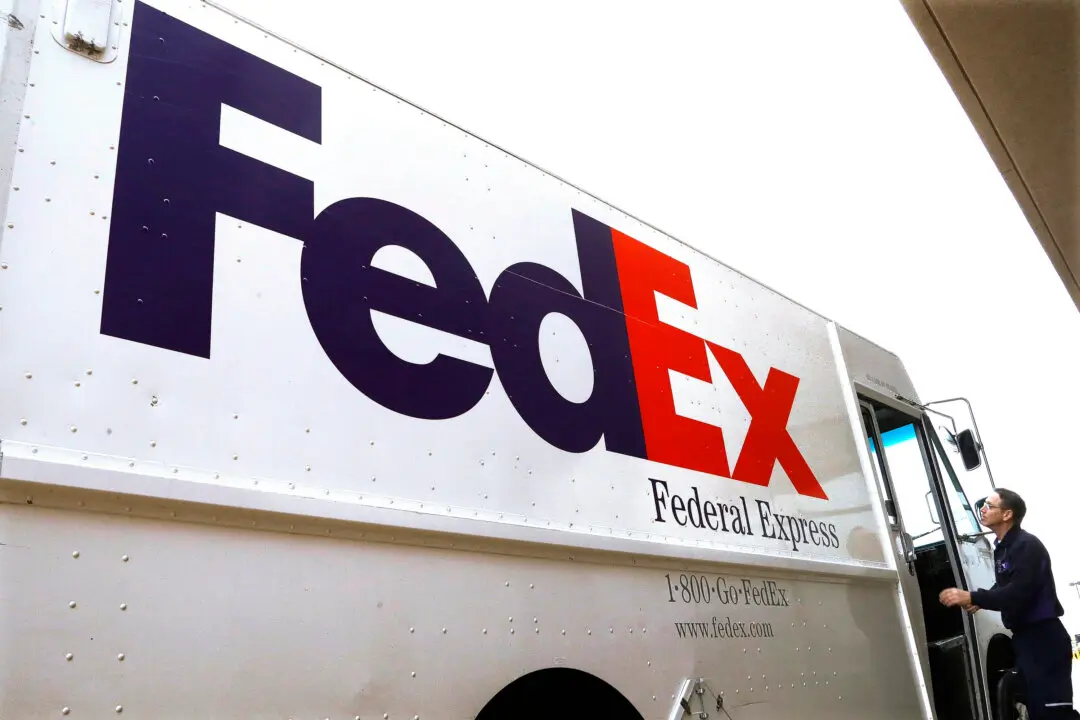California Gov. Gavin Newsom called on state lawmakers Aug. 15 to pass new regulations on oil refineries in the final two weeks of the session, mandating minimum supply levels to curtail future price spikes.
If passed, the first-in-the-nation program would allow the state’s Energy Commission to penalize refiners who fail to follow new supply minimums.





